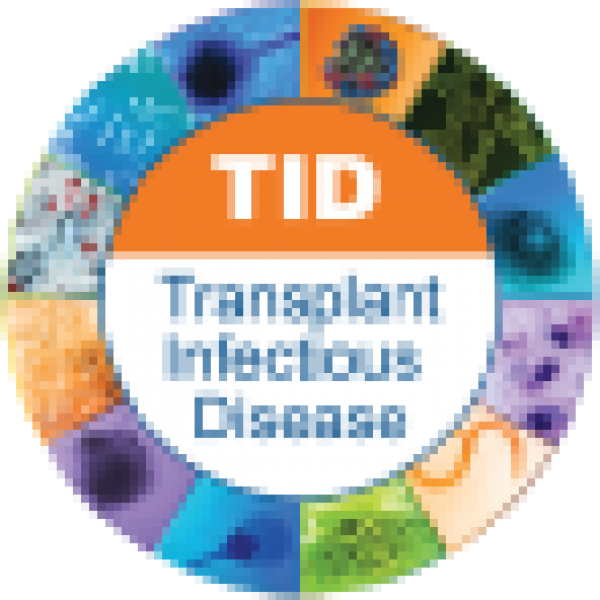2016 - TID Conference
This page contains exclusive content for the member of the following sections: TTS, TID
Session 4 : Post-Transplant - Late Complications/Hot Topics
4.0 - The Many Faces of Nontuberculous Mycobacteria - Cases in Solid Organ and Stem Cell Transplant
Presenter: Michele, Morris, Miami, United States
Authors:
Nontuberculous mycobacteria (NTM) are increasingly important pathogens infecting the immunocompromised transplant population. NTM are ubiquitous in the environment where they can be found in water, dust, and soil. Although there are over 160 identified species, only a few appear to cause most human infections. Susceptibility profiles vary among and within species. NTM can cause localized infection, often involving the lungs or the skin, as well as disseminated infections. Infection can occur through a primary exposure post transplant, as well as reactivation in a recipient who was colonized or infected prior to transplantation. In addition, nosocomial infections can occur, and donor-derived NTM infections are possible.
This case-based presentation will review the challenges of diagnosing and treating NTM infections in transplant candidates and recipients. The potential impact of NTM infection on patient and allograft survival will be reviewed, and recommendations for improving outcomes will be shared.
Important Disclaimer
By viewing the material on this site you understand and accept that:
- The opinions and statements expressed on this site reflect the views of the author or authors and do not necessarily reflect those of The Transplantation Society and/or its Sections.
- The hosting of material on The Transplantation Society site does not signify endorsement of this material by The Transplantation Society and/or its Sections.
- The material is solely for educational purposes for qualified health care professionals.
- The Transplantation Society and/or its Sections are not liable for any decision made or action taken based on the information contained in the material on this site.
- The information cannot be used as a substitute for professional care.
- The information does not represent a standard of care.
- No physician-patient relationship is being established.


